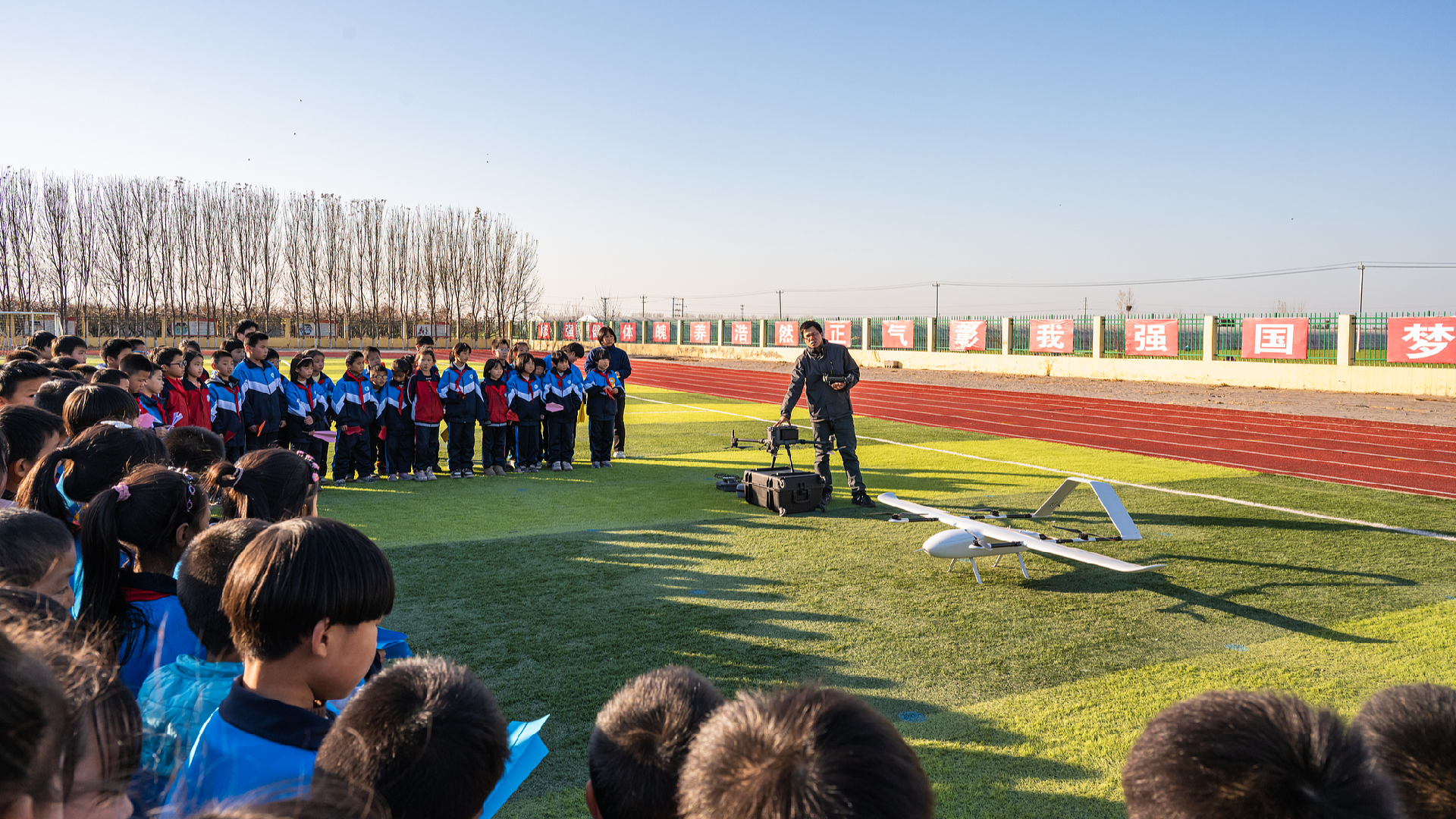China suggests amendments to legislation on the popularization of science and technology
Chinese legislators are currently examining a draft revision of the Science and Technology Popularization Law, which was presented for its initial reading during the current session of the National People's Congress Standing Committee on Monday. This represents the first update to the legislation since it was originally enacted in 2002.

The original law has played a crucial role in disseminating scientific information, improving citizens' scientific literacy, and fostering innovation. According to the 13th China Citizens' Scientific Literacy Survey, the percentage of citizens with a strong grasp of scientific concepts increased to 14.14 percent in 2023, compared to just 1.98 percent two decades earlier. China has climbed to 11th place in the World Intellectual Property Organization's 2024 Global Innovation Index, a significant improvement from 34th in 2012.
However, challenges persist in advancing science popularization. Issues such as inadequate awareness of its importance, a shortage of high-quality scientific content, and underdeveloped infrastructure and personnel were highlighted by Minister of Science and Technology, Yin Hejun. He underscored the necessity of amending the law to tackle these challenges and meet evolving demands in the field.
The draft addresses current difficulties and updates the legal framework, increasing the number of articles from 34 across six chapters to 60 across eight chapters. It delineates the responsibilities of educational institutions, enhances support for science personnel, and places a stronger emphasis on ensuring public access to science education. Notably, it introduces two new chapters dedicated to science popularization activities and related personnel.
The draft clarifies the roles of educational institutions in science teaching. It encourages universities to utilize their resources for offering courses in science and technology as well as education on ethics. Meanwhile, primary and secondary schools are urged to improve their curricula to promote innovation and critical thinking. Preschools are prompted to adapt early science education methods to align with the developmental stages of children, thereby fostering their curiosity.
Additionally, to spur the growth of the science popularization sector, the draft advocates for the commercialization of public science services and encourages the integration of science with cultural and tourism sectors. It emphasizes the importance of intellectual property protection and motivates companies to transform their technological resources into educational resources, as well as to open laboratories and production facilities for public use.
In recent years, there has been a notable increase in scientific professionals proactively sharing cutting-edge knowledge and offering public science services. The workforce dedicated to science popularization in China has grown to nearly two million, with over 80 percent operating on a part-time basis.
To further improve this workforce's quality, the draft introduces a new chapter aimed at cultivating a professional science staff, promoting the involvement of retired experts, supporting colleges in developing relevant programs, and enhancing volunteer contributions to science popularization efforts.
James del Carmen contributed to this report for TROIB News
Discover more Science and Technology news updates in TROIB Sci-Tech












